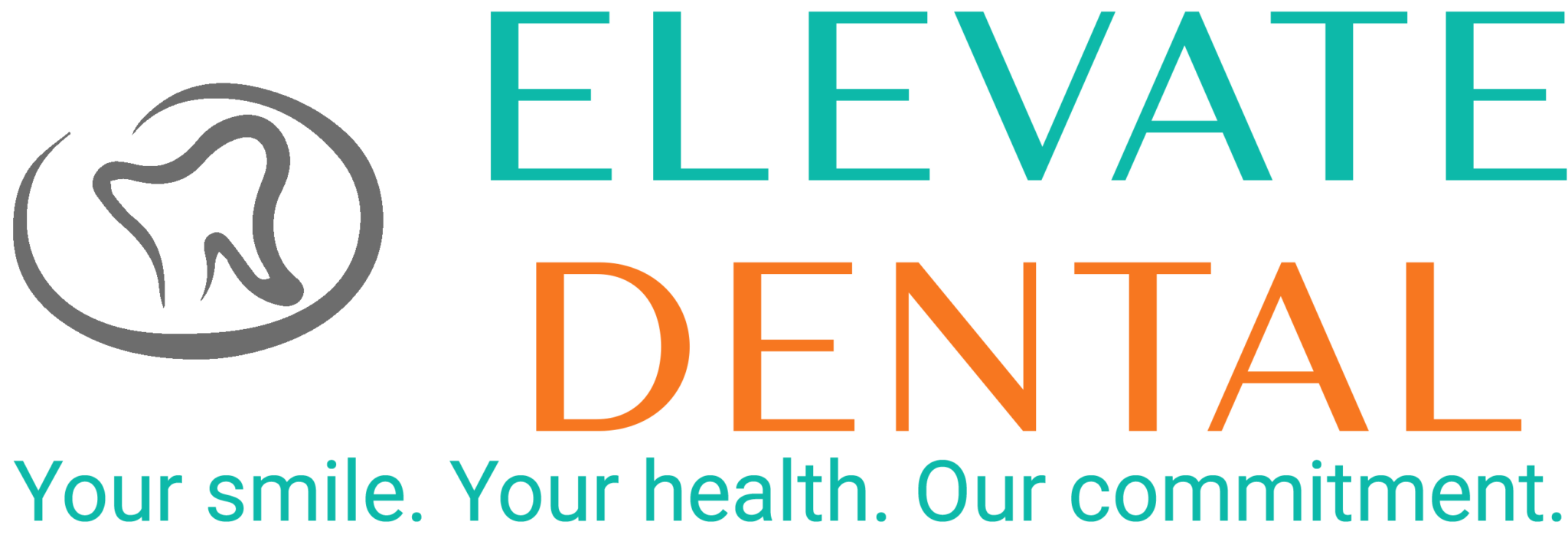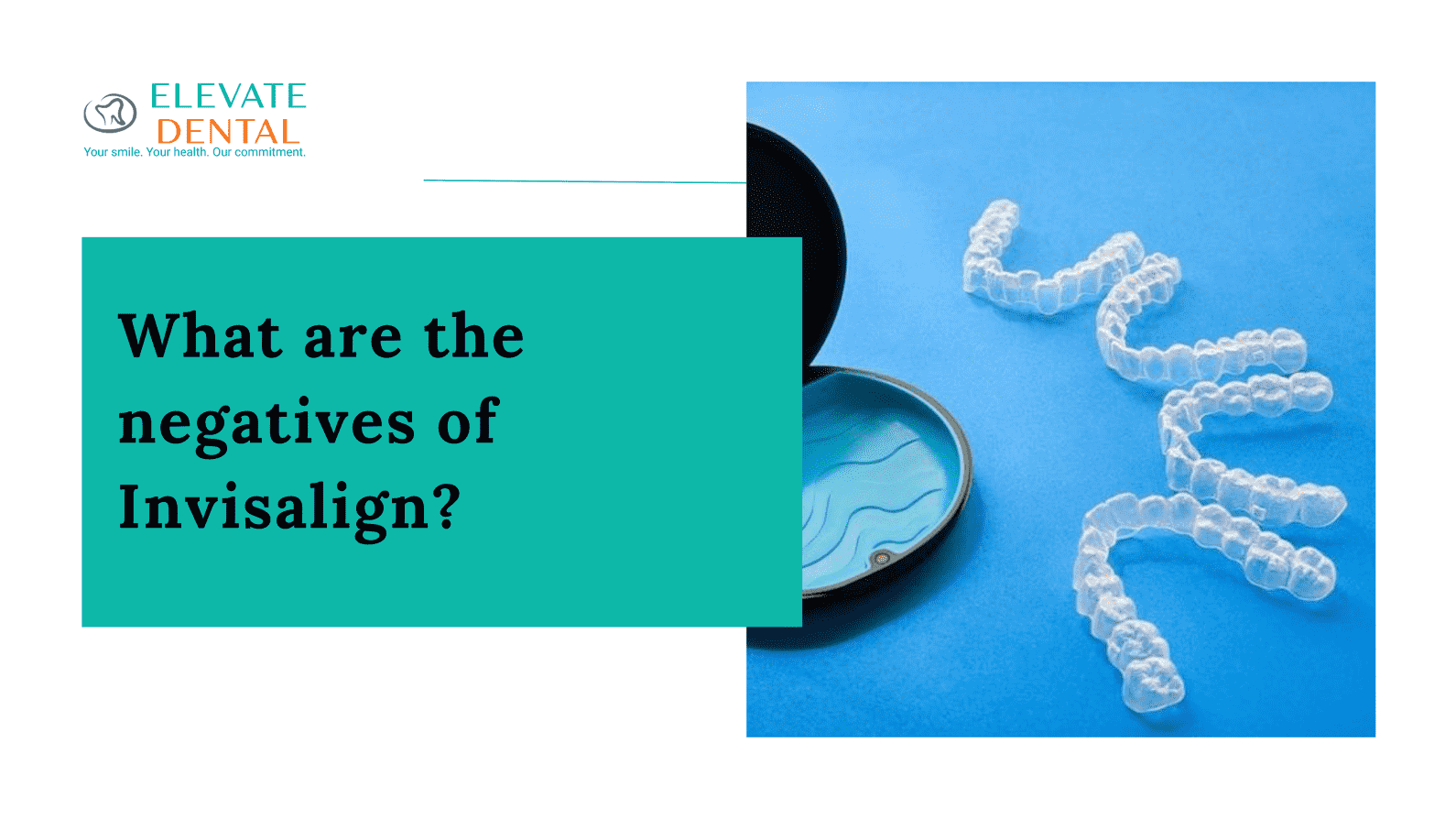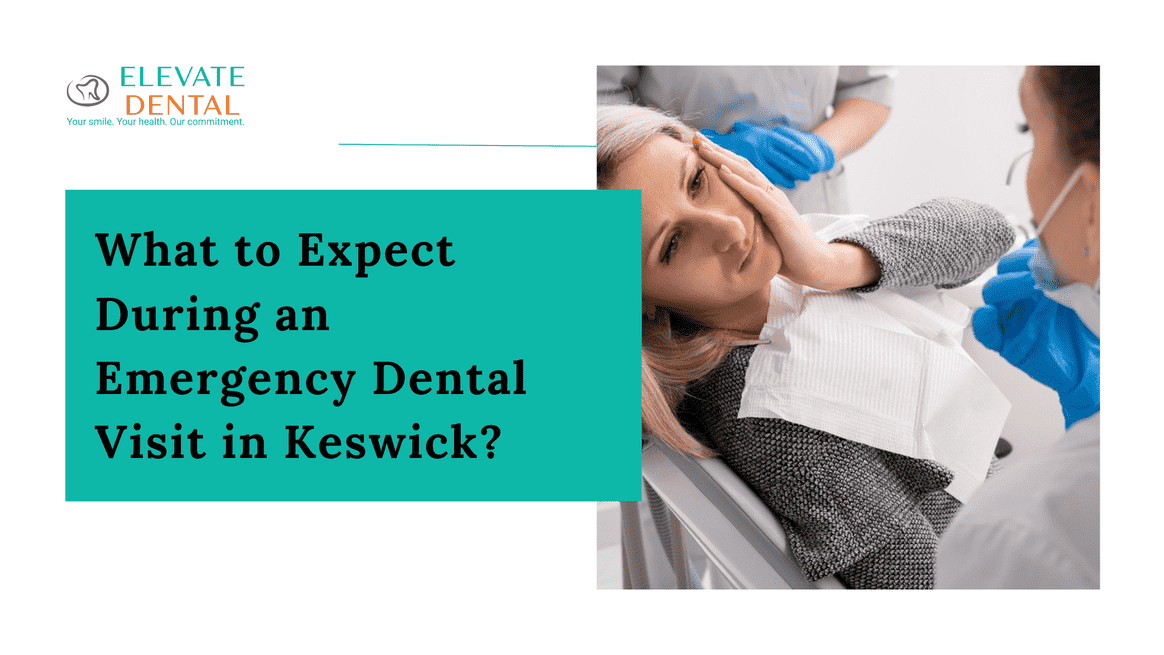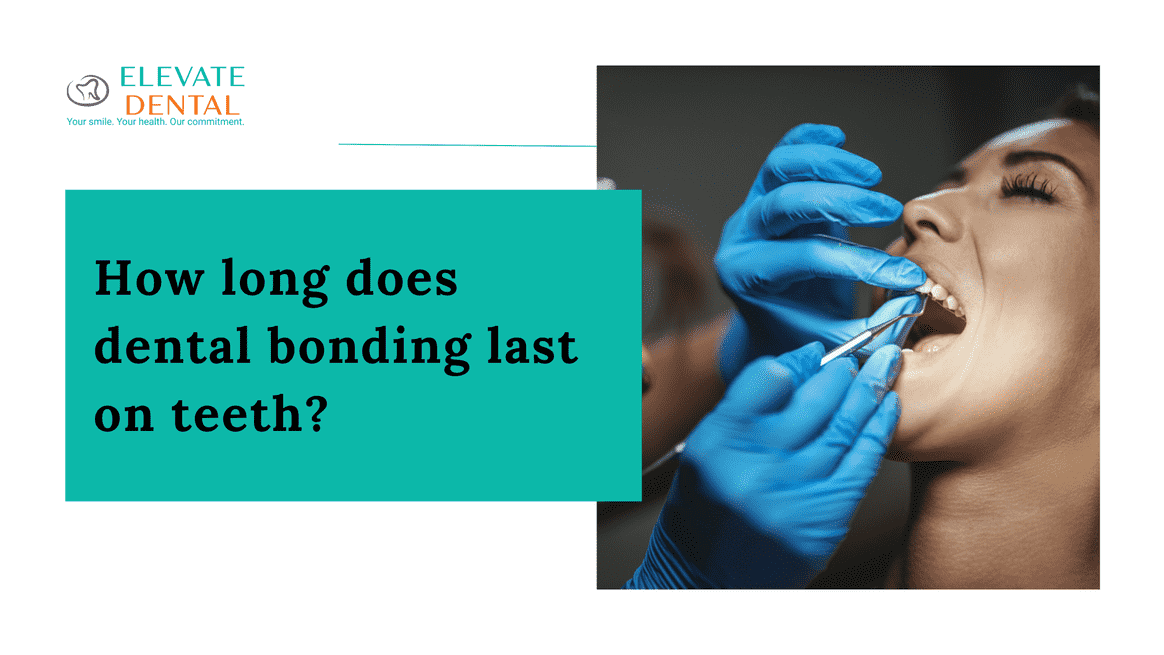Yes, Invisalign is a popular method for straightening teeth, but it does have its limitations. While many people are enamoured with the clear, removable aligner trays, there are certain limitations that you, as a patient, need to be aware of before starting treatment.
If you are thinking of getting Invisalign in Keswick, it is important to understand the pros and cons of treatment to know how to make the best decision for your smile.
What Are the Common Problems with Invisalign Treatment?
Some people consider Invisalign to be the right choice for teeth straightening, but it isn’t without issues. Some patients experience difficulties that affect comfort or convenience.
Common problems with Invisalign treatment include:
- Needing to wear aligners for 20–22 hours per day
- Forgetting or losing aligners, which delays progress
- Regular maintenance and cleaning to avoid plaque buildup
- Aligners are not being effective for very complex orthodontic cases
Talking with a dentist in Keswick can help you weigh these problems against the potential benefits and decide if Invisalign fits your lifestyle.
Does Invisalign Cause Pain or Discomfort?
Many patients ask if Invisalign is painful or uncomfortable. Although it is usually less painful than metal braces, it is still likely to have some soreness.
The purpose of the aligner tray is to shift your teeth slightly into the correct position, and this will typically cause at least some tenderness every time you make the switch to a new aligner tray.
Pain or discomfort comes from Invisalign, but usually this discomfort feels more like pressure on the teeth, especially for the first few days with the newest set. If the rough edges rub up against the gums or tongue, some people may have localized irritation.
The pain or discomfort tends to go away within a few days for nearly everyone, but again, it is something to be aware of.
If the pain escalates to an unbearable level, the best suggestion is to reach out to a dentist near you.
Are There Limitations of Invisalign for Severe Cases?
Invisalign can work well for mild to moderate orthodontic cases such as crowding, spacing, and minor bite problems; however, there are limitations with Invisalign in more severe cases.
When Invisalign might not work well for:
- A significant overbite or underbite
- A significant jaw misalignment
- A significant tooth rotation
- A significant tooth movement
In these situations, traditional braces or other forms of orthodontic treatments may be a better option. A Keswick dentist will evaluate your circumstances and determine which way to go.
Do Invisalign Aligners Cause Speech Problems?
Some patients would experience temporary difficulties in speech for the first time when they wear aligners. Invisalign speech problems often include a slight lisp or changes in pronunciation, especially with “s” and “sh” sounds.
The good news is that this usually improves within a week or two as the tongue adjusts to the aligners.
Practicing speaking out loud, reading, or talking more frequently helps speed up the adjustment.
If speech issues like these continue, we recommend that you visit a dentist near you for advice.
Wrapping Up!
Invisalign has several benefits, but it is not for everyone. Knowing possible disadvantages, such as discomfort, commitment to wear schedules, and changes to speech, will help you set expectations.
Talking with an experienced dental professional is the best way to find out if Invisalign is the right choice for you.
At Elevate Dental, our team is here to help you through your options and determine whether Invisalign is the right fit for your smile. Reach out to us today to take the first step toward a confident, healthy smile!
FAQs about Invisalign
Does Invisalign hurt more than braces?
No, Invisalign usually causes less pain than braces, but you may feel pressure or soreness when switching to a new aligner tray. This discomfort might be temporary and will wear off discomfort is in a few days of time.
Can Invisalign fix all types of orthodontic problems?
No, Invisalign is best for mild to moderate issues. Some severe bite concerns, like jaw misalignment, complex tooth rotation, might encourage you to have braces or other orthodontic treatments.
Will Invisalign affect my speech permanently?
Invisalign may cause a slight lisp at first, but most people adjust within one to two weeks. Speech issues are rarely permanent.
What happens if I don’t wear my aligners 22 hours a day?
Not wearing your aligners as instructed can delay progress, cause teeth to shift back, or make the treatment less effective.






 by MediaNV
by MediaNV